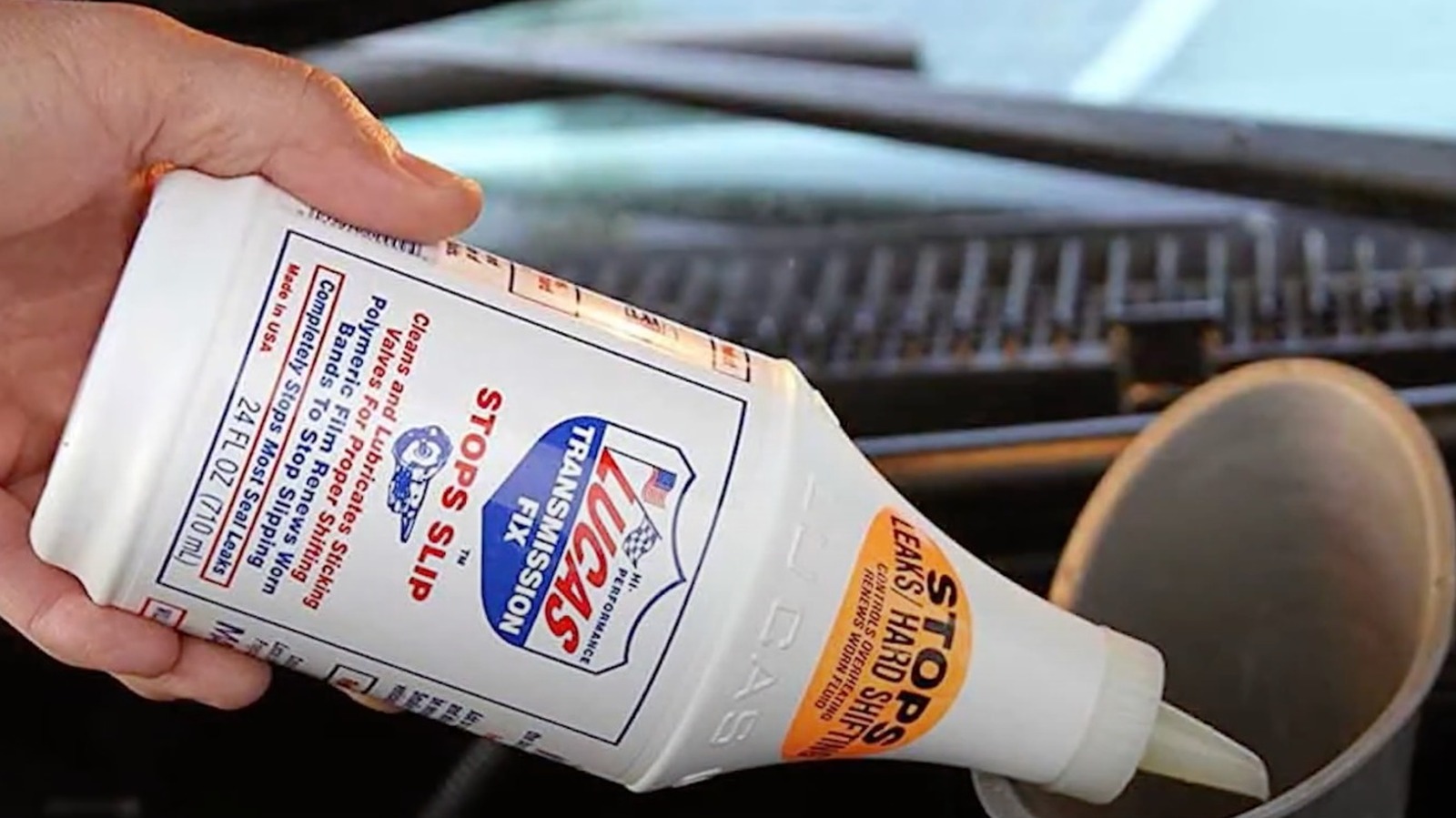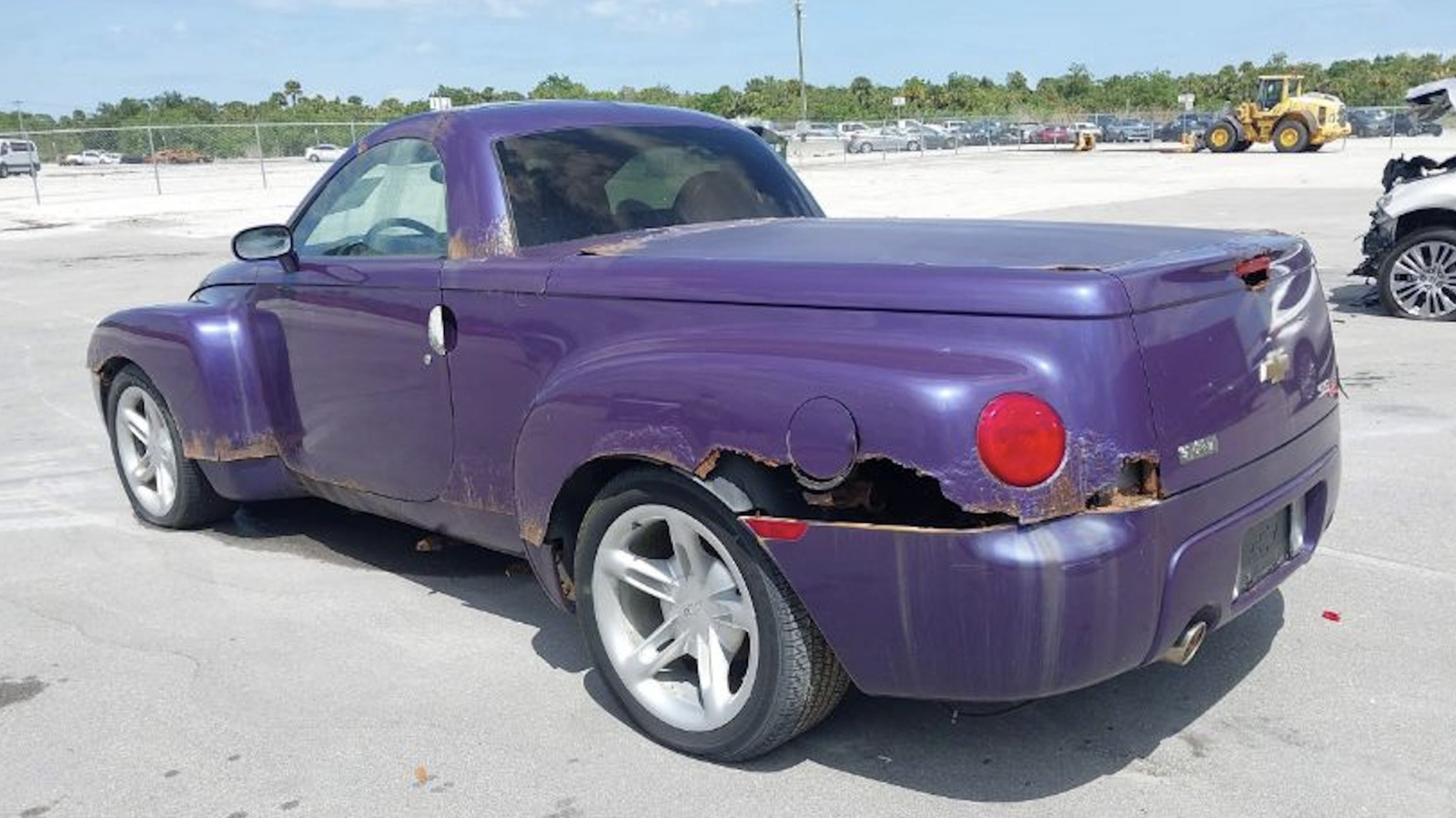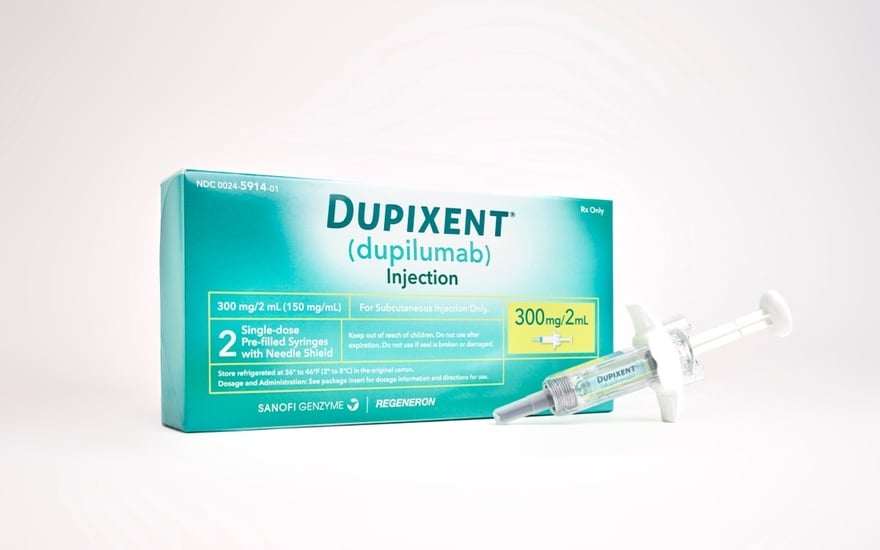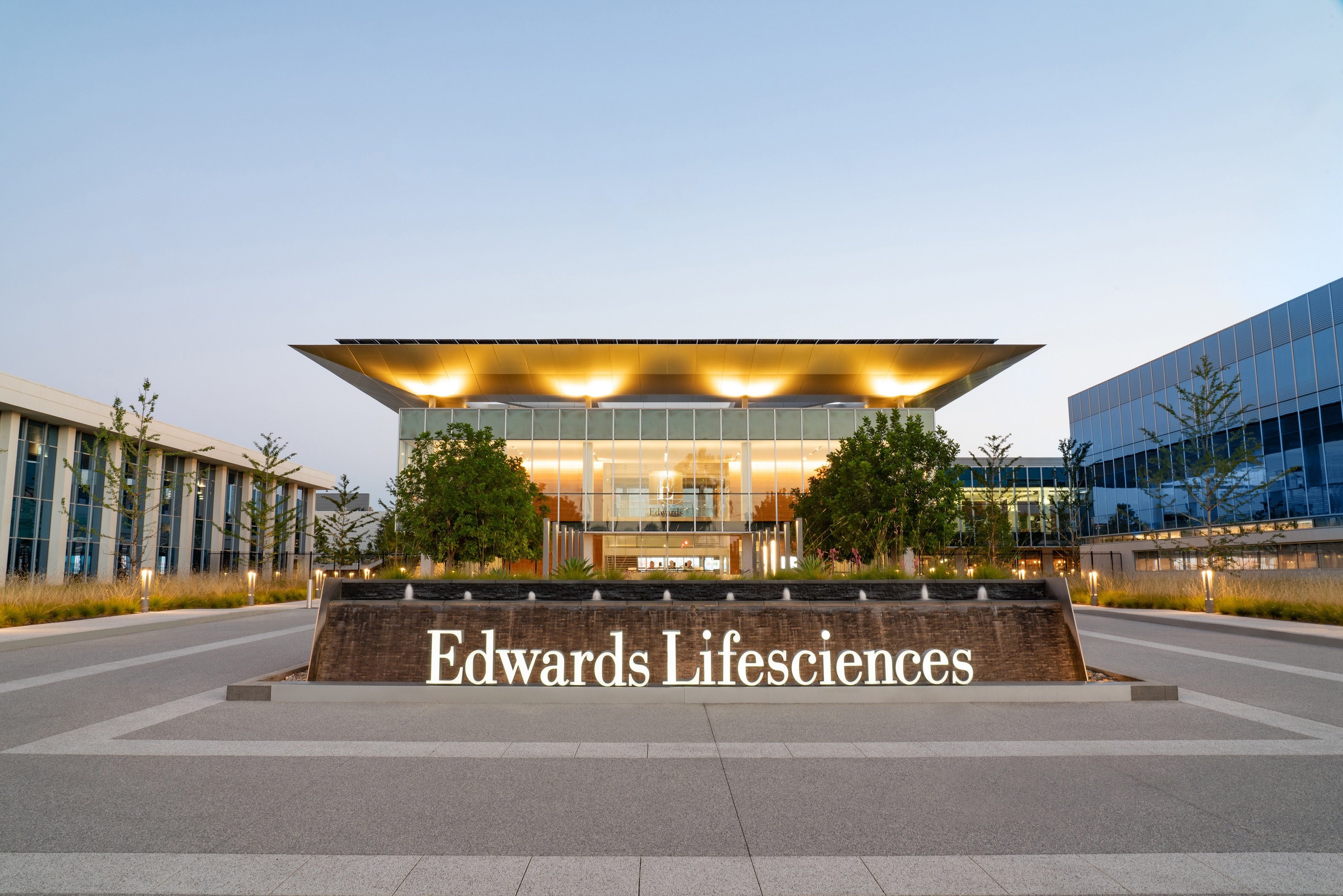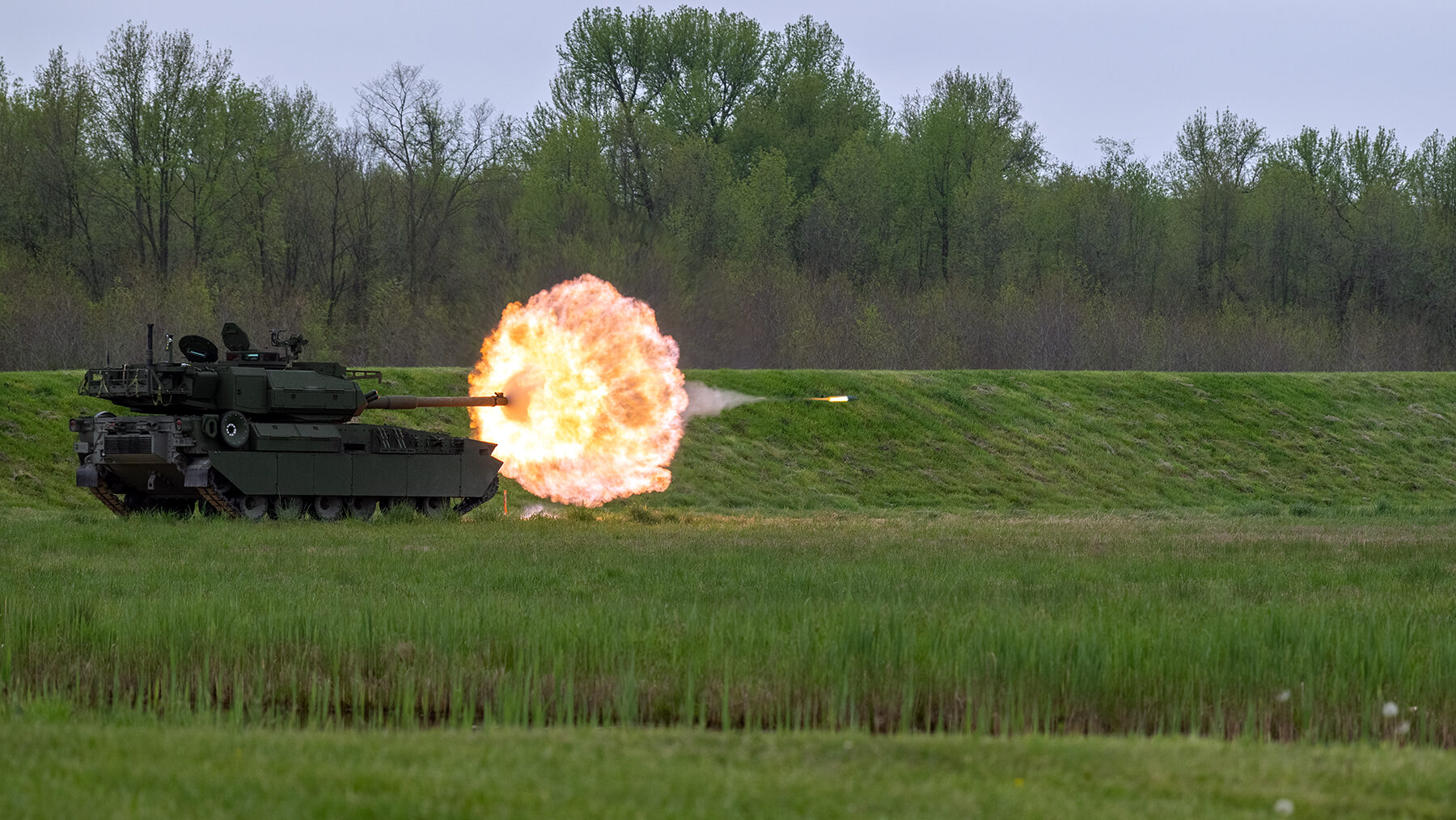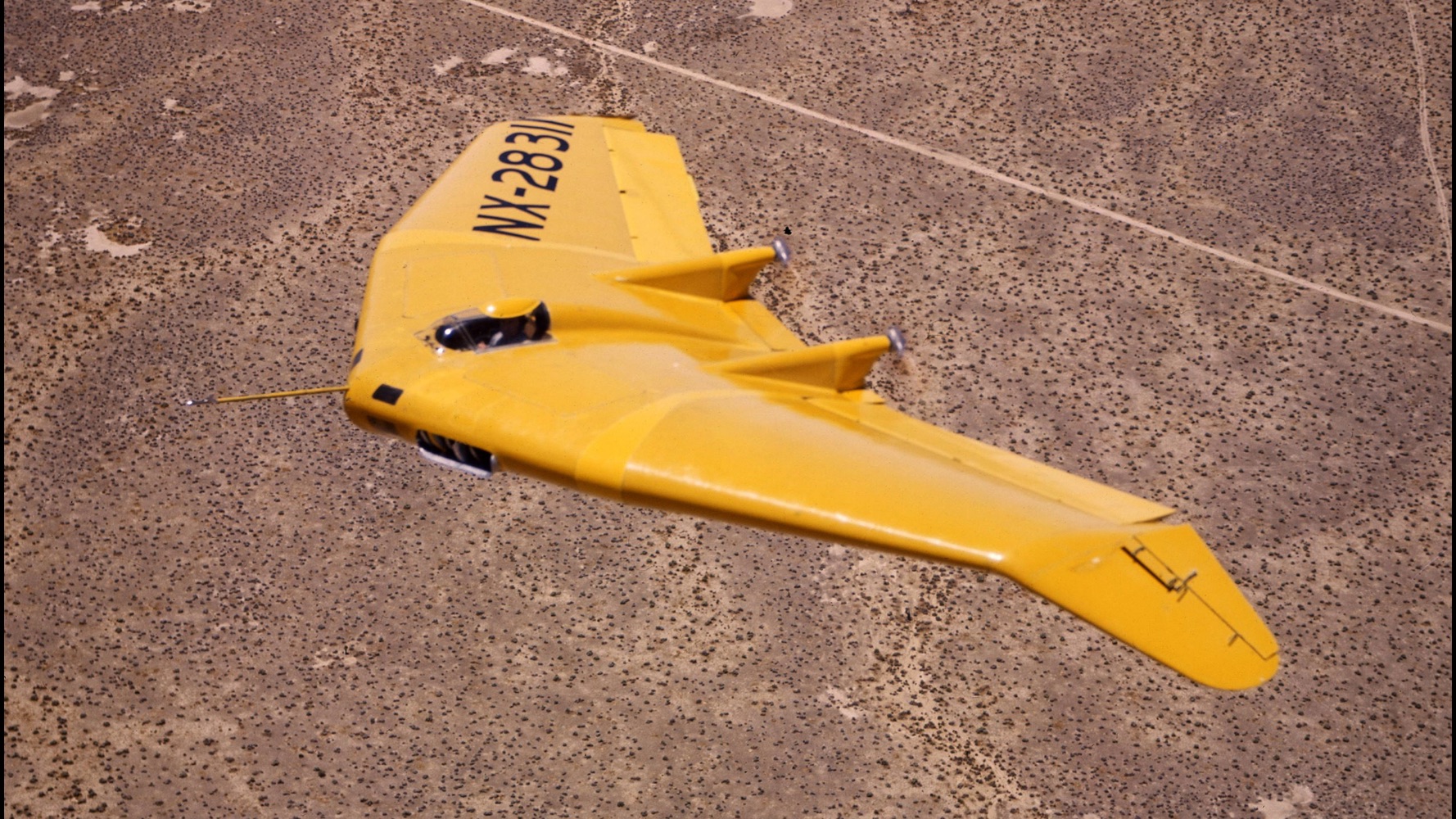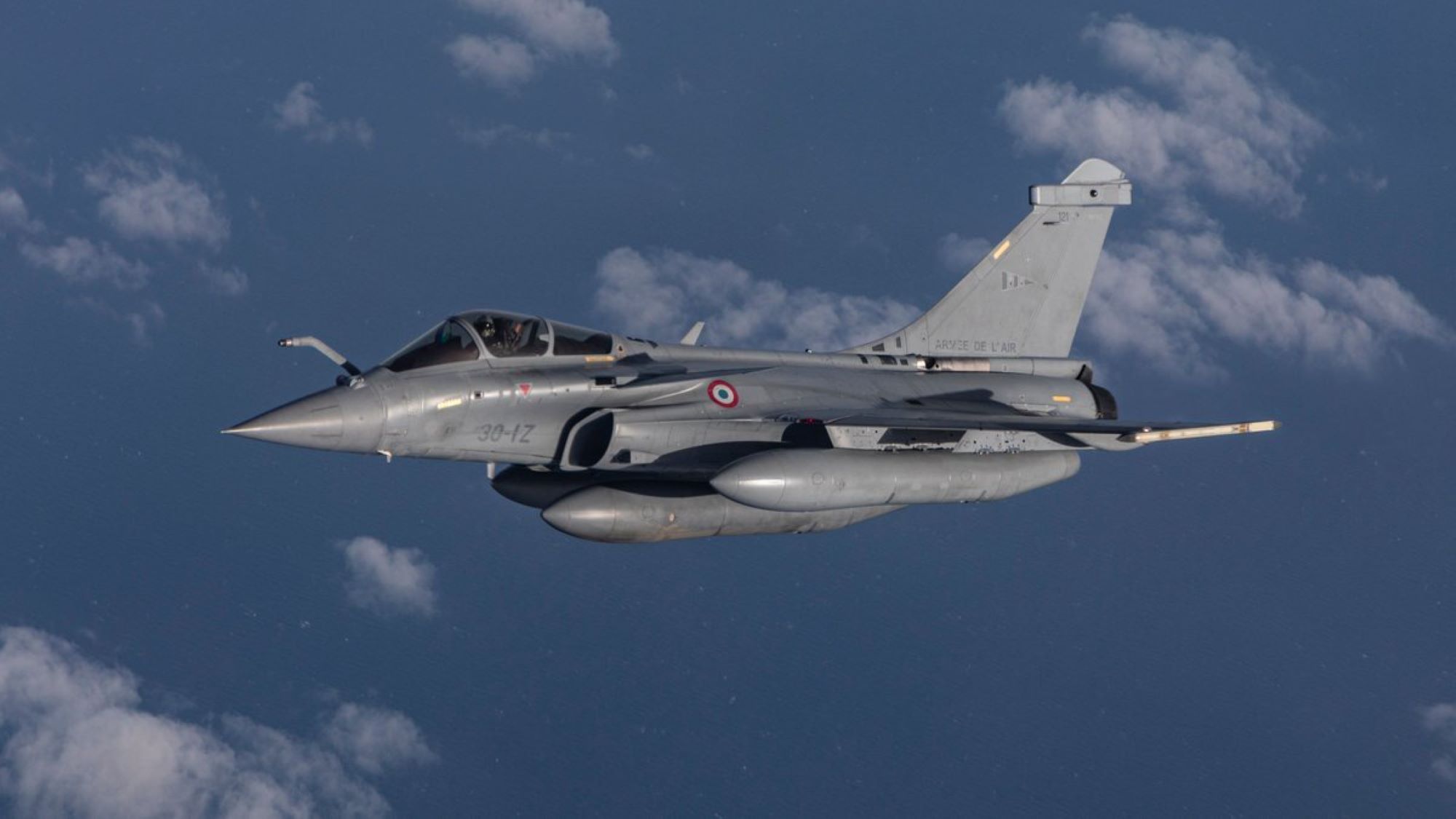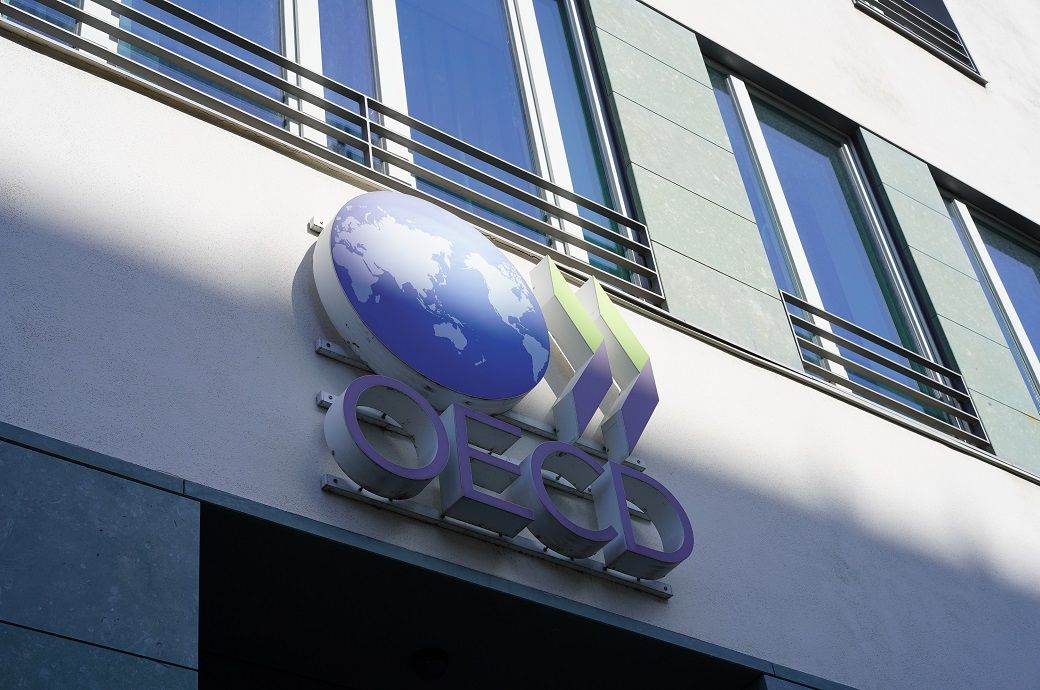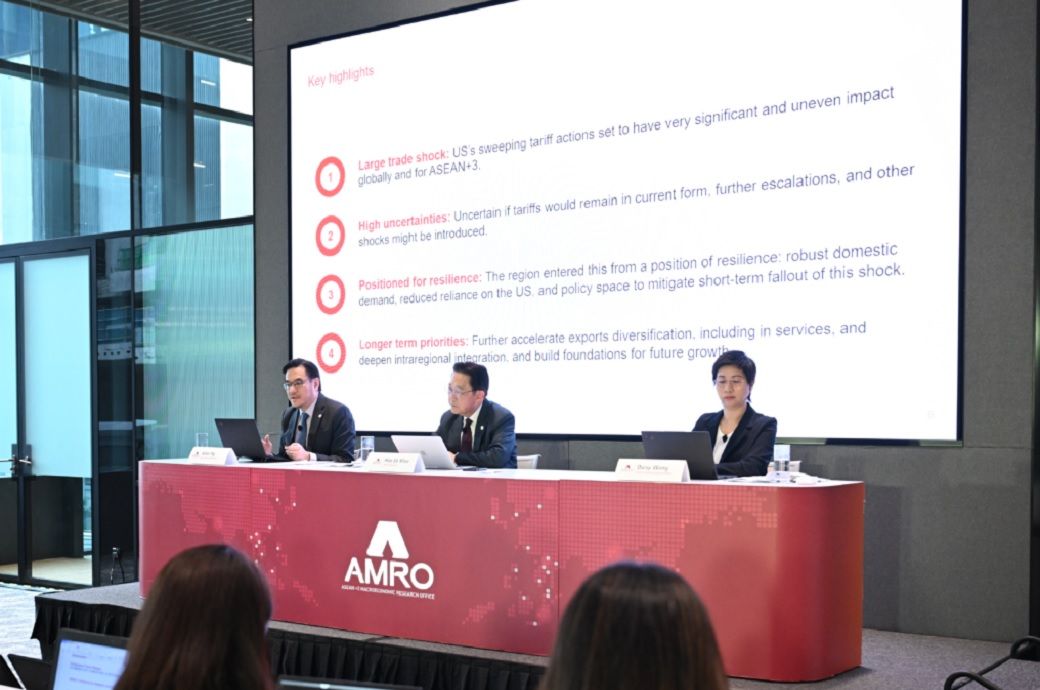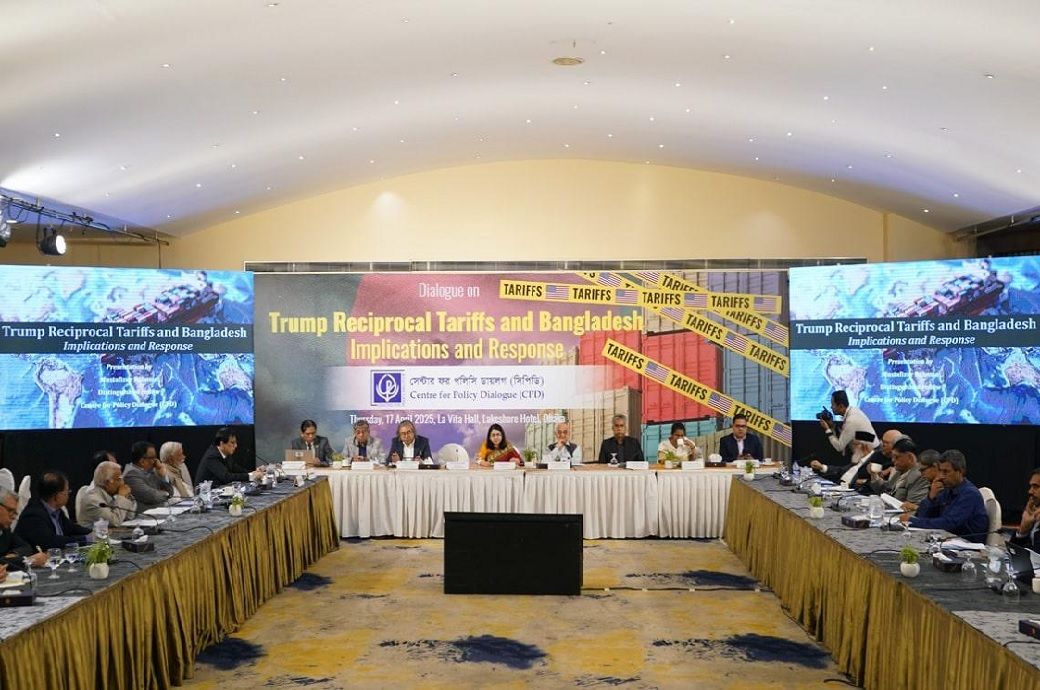Immune‐Infiltrated Cancer Spheroid Model with Vascular Recirculation Reveals Temporally Dependent and Tissue‐Specific Macrophage Recruitment
Advanced Healthcare Materials, EarlyView.

The migration and infiltration of circulating monocytes into cancer spheroids are shown using a pumpless recirculating platform. This method allows for the continuous circulation of immune cells, which is essential for observing the long-term dynamic behavior of immune cells within cancer environments.
Abstract
Immune cell infiltration in tumors has been reported to influence tumor progression and clinical outcomes. Considerable efforts have been made to understand interactions between tumors and the immune system. However, current models are either not comprehensive or limited to short-term studies. Recognizing thedynamic and long-term nature of tumor-immune interactions, an immune-infiltrated cancer spheroid model is developed by continuously perfusing and recirculating immune cells with gravity-driven flow through a tubular blood vessel adjacent to a cancer spheroid. Fibroblasts and pericytes are embedded in the gel matrix to support endothelial cells and enhance the vascular barrier. With continuous monocyte recirculation, monocyte adhesion, transendothelium migration, differentiation, and macrophage recruitment into breast carcinoma and hepatoma spheroids is successfully demonstrated over a week. The macrophage recruitment process is temporally dependent and tissue-specific, leading to the formation of cancer-macrophage heterospheroids. Elevated secretion of granulocyte-macrophage colony-stimulating factor (GM-CSF), which regulates monocyte recruitment and macrophage activation, is observed in the breast carcinoma model. Increased levels of Interleukin 6 (IL-6) and Interleukin 8 (IL-8) are detected, indicating a pro-inflammatory environment associated with tumor progression and metastasis. This platform provides a valuable framework for investigating immune cell infiltration and differentiation within the tumor microenvironment, supporting the advancement of cancer immunotherapies.










